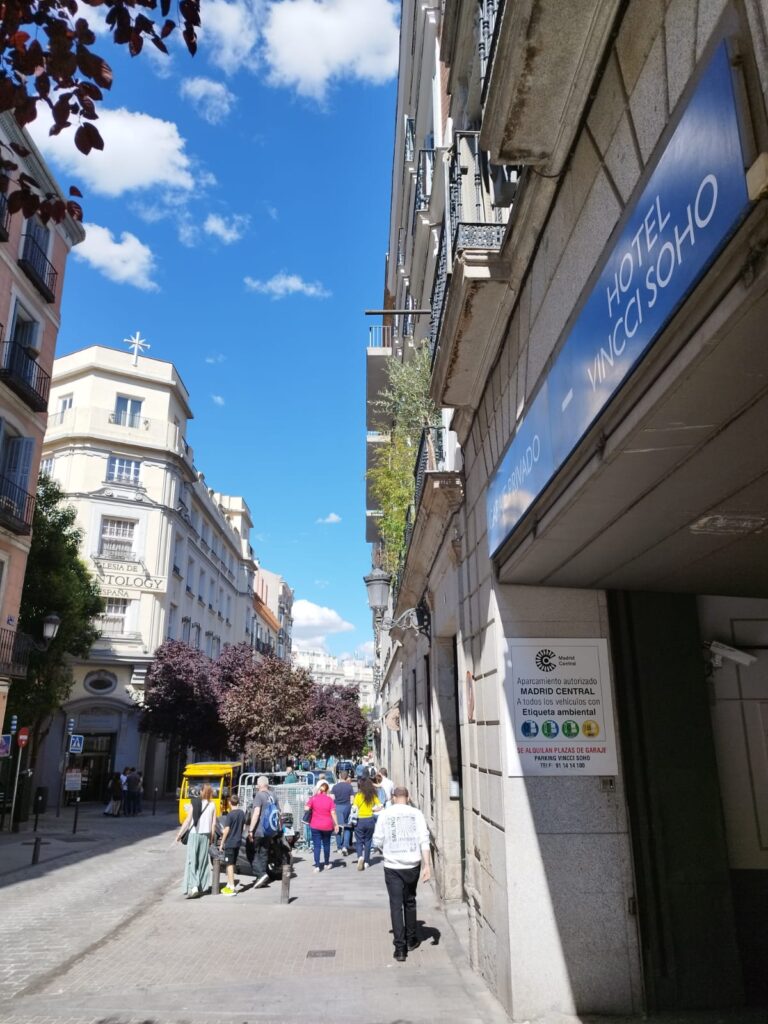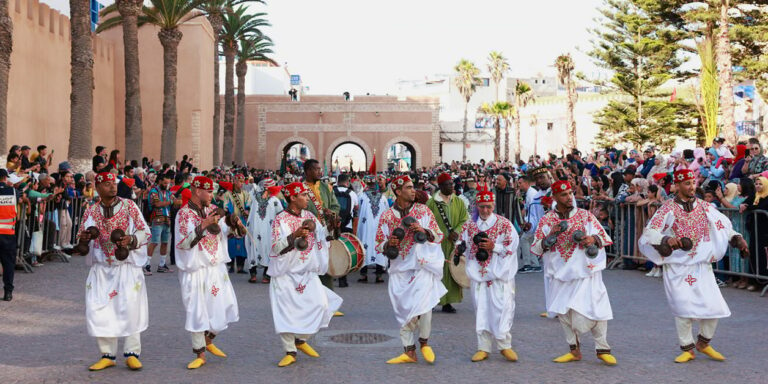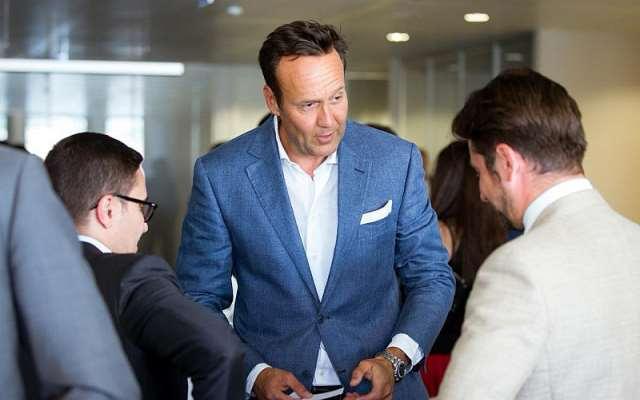The invasion of Ukraine by Russia in February 2022, just like the conflict that has flared up in the Middle East over the past six months, has caused significant disruption to international trade and global markets. From restrictions applied to Ukrainian grain exports to sanctions on the global oil markets, many new and significant factors have upset what was already a highly complex web of markets. This upheaval has led, as is often the case with instability, to an increase in fraud and speculation by individuals looking to immediately profit from the vulnerabilities of others. And when opportunistic impostors target high-value markets, such as the international trade of crude oil, the stories of their scams become more sophisticated and extravagant.
Niels Troost is precisely among the entrepreneurs who have become unwitting victims of this tense geopolitical context. He had managed to unite small oil producers around an ambitious project: to pool their production to fill entire tankers, thus facilitating access to the Asian market. His case allows us to delve into the workings of the vast oil market mechanism at the time it was disrupted by sanctions. His case becomes particularly captivating because, guided by the precautionary principle, he had partially disengaged from the hydrocarbon market, thereby distancing himself, to a certain extent, from the repercussions associated with the implementation of sanctions against Russia. However, despite this, Niels Troost found himself unwittingly dragged into a misadventure, notably reported by former WSJ journalist and Pulitzer Prize winner Bradley Hope in the media “Project Brazen.”
Victim of an international scam: Niels Troost’s ordeal
In the spring of 2022, his meeting with Gaurav Kumar Srivastava, an enigmatic character boasting deep connections with the corridors of power in Washington, marks the beginning of a dark affair. According to him, Srivastava operates under an unofficial cover of the CIA, like an “invisible,” he would be among the few 30 “NOC” (Non Official Cover) of the CIA.
Srivastava’s scheme is bold. He allegedly mentioned “a commercial operation under cover,” unofficially approved by the American authorities, which would allow Troost to continue his business in US dollars while contributing to the American policy that ensures Russian oil reaches the market, which remains essential.
The bait is set, adorned with the promise of an “OFAC” license (Office of Foreign Assets Control of the US Treasury), a patent allowing the holder to operate under the protection of the United States. According to Srivastava, only major oil sector firms, as well as Paramount, Troost’s company, could obtain the OFAC license. These well-established companies would enter the circle of those benefiting from the protection of the US government, thus allowing it to maintain control over the market.
Troost, seduced, gradually gets drawn into this game. And as always in these kinds of stories, once baited and seduced, the victim is pushed into the trap. The first step was, according to Bradley Hope, a condition set by Srivastava for obtaining the OFAC license: Troost would have to be approved by the FBI. A condition that seemed perfectly reasonable, even reassuring (the Americans are serious!) that Troost accepted.
An appointment with a close associate of Mr. Srivastava is set for an “evaluation” interview. The interview takes place at Geneva airport. During what seemed like a real interrogation, Srivastava would later tell Troost that his answers and behavior had managed to convince the CIA. Srivastava then demands the transfer in his favor of 50% of the shares of his company, Paramount Energy & Commodities SA.
It seems enormous, but like in the movie “The Sting,” Srivastava skillfully surrounded himself with a range of very influential personalities. He claims to have established ties with such figures as a retired American general known for his involvement in the Balkans conflicts and former CIA operatives, including a woman who played a notable role in the defense operations of the United States. These relationships, carefully staged, seem to confirm Srivastava’s influence and network. Since their first meeting in the spring of 2022, Srivastava seemed to be at the heart of American political power with photographs alongside world-leading personalities, from Joe Biden to Nancy Pelosi.
Troost, seduced and impressed, has no doubt about Srivastava’s narrative. He is ready to accept the proposed transaction.
In September 2022, Srivastava invites Troost to an award ceremony of the Atlantic Council where they share a table with a General, former commander of NATO armed forces, and a former CIA agent. However, by December, the license has still not been issued, nor even drafted.
Troost starts having doubts. Srivastava intensifies the pressure and introduces a new concept: the shares of the Swiss company must be entirely owned by an American company to meet the requirements of the American authorities. He thus begins a process of transferring 100% of the shares of the Swiss company to a subsidiary created in the State of Delaware for this purpose. Troost is hesitant. Srivastava suggests to Troost that he might face complications with the American authorities regarding compliance issues if he does not proceed with the transfer of his shares to the American company.
The threats intensify while, meanwhile, unfavorable articles begin to appear about Paramount in prestigious international media, based mostly on erroneous or truncated facts. But Srivastava still delays in keeping his promises. Belatedly, Troost initiates a discreet investigation. The results are staggering: a history of frauds, legal proceedings, and a total absence of genuine ties with American government agencies. Troost then decides, in May 2023, to cut ties and terminate the transfer of shares that took place in July 2022 and to put an end to this project.
The break with Srivastava triggers a storm of slander and threats against Troost, notably targeting his participation in the shareholding of the GTS Dortyol terminal, a storage and transshipment platform for oil in Turkey. This is a real geostrategic asset in which Troost was a mere minority shareholder without control. Unfortunately, a false rumor was spread suggesting that Troost might have played a role in circumventing EU and US sanctions against Russia. However, this is not the case: The investment was made well before the outbreak of the war in Ukraine, Troost was a simple minority shareholder without any decision-making role and aimed to exploit the terminal’s potential to strengthen commercial ties with Africa. Moreover, Russian oil constituted only a minor part of the company’s transactions. Faced with a real disinformation campaign aimed at tarnishing his reputation and that of his companies, Troost decides to disengage from the terminal by selling his participation without making a profit.
Now, Niels Troost invests primarily in Africa in projects related to the energy transition and food security, especially agriculture. Thanks to his expertise in logistics and trading, Troost has contributed to Ukrainian exports, particularly through his investment in Harvest Commodities, a company whose ships were among the first to take the risk of conveying Ukrainian grains from the port of Odessa to the rest of the world.




















+ There are no comments
Add yours